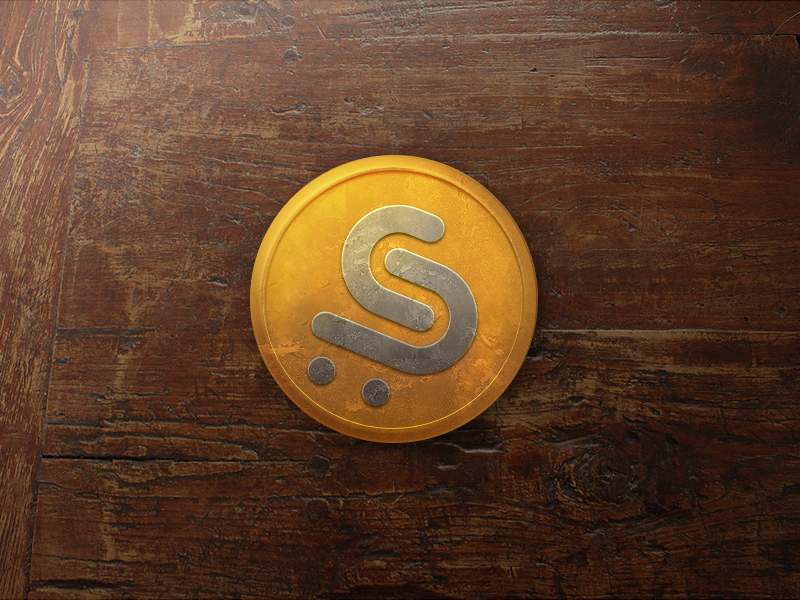BEP20 tokens are tokens with the capability of smart contracts that runs on the Binance Smart Chain (BSC). BEP20 is considered the BSC version of ERC20 tokens, and they define the rules of their usage, including how to spend them and who can spend them. BEP20 tokens are compatible with BEP2 and ERC20 from Binance Chain and Ethereum, respectively.
The idea about BEP20 emerged when Binance Smart Chain (BSC) was created as a platform that would enable the development of decentralized applications (DApps). As you may have known, BSC was created as an extension of the Binance Chain, with a dual chain architecture. The two chains, therefore, complement each other. This is why BSC enables the creation and hosting of decentralized applications (DApps), which relieves the older chain (Binance Chain) of any form of congestion.
As a technical specification for BSC, the goal of BEP20 is to provide a flexible and permissionless format that would allow developers to launch any token on BSC. The dual architecture placed more emphasis on cross-chain compatibility. For example, the developer-friendliness of the BEP20 token standard has enabled many developers to deploy fungible tokens and digital coins on BSC. The transfers on the BEP20 token are facilitated with BNB. The intention is to incentivize validators to include the transactions in BSC.
The other important feature of BEP20 is that it’s compatible with other chains, hence allows users to port many leading crypto assets onto BSC. The porting is pegged on BEP20 tokens. For example, a user can easily swap Ripple (XRP), through Binance Bridge, for BTCB (BEP20) tokens backed by ETH. Once the swapping is complete, one can deploy the BTCB (BEP20) tokens in DeFi protocols to earn a yield on ETH. The same can be applied with BTC, DOGE, ADA, and many others.









